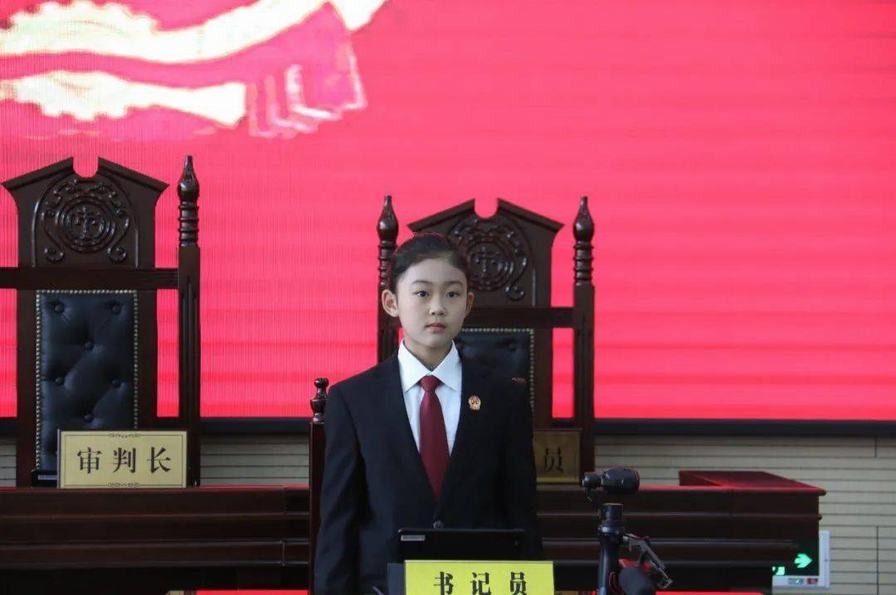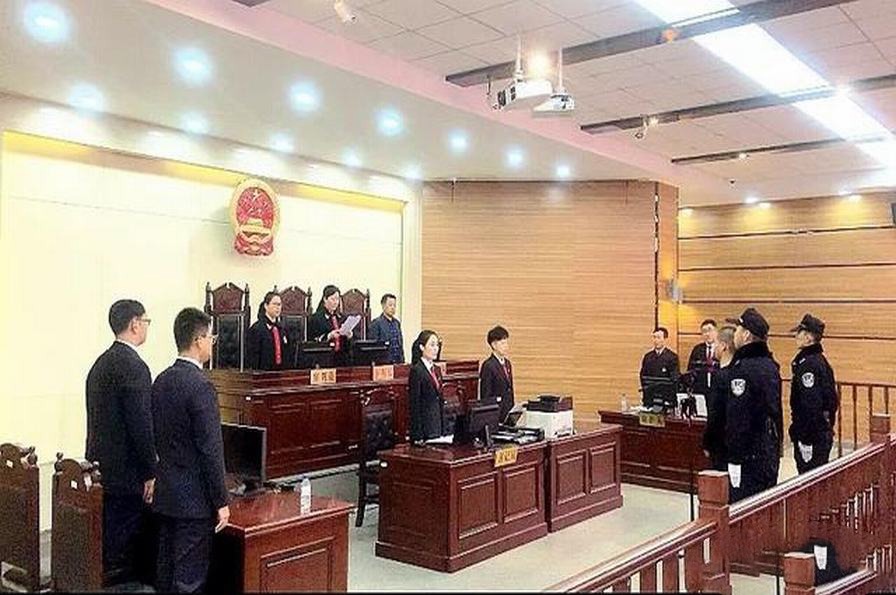
The user appears to be interested in understanding the employment prospects for individuals with a background in international trade, particularly within an English-speaking context. From a legal perspective, although this question does not directly present a specific legal issue, I will endeavor to provide an analysis that addresses potential legal concerns related to employment in the field of international trade, focusing on five key areas: labor contracts, work permits for foreigners, intellectual property rights, dispute resolution mechanisms, and anti-discrimination laws.
Labor Contracts: According to Article 17 of the People's Republic of China Labor Contract Law (2012 Amendment), employers must enter into written labor contracts with employees within one month of the start of the employment relationship. This is crucial for ensuring fair terms and conditions of employment, including salary, working hours, and benefits.
Work Permits for Foreigners: The Regulations of the People’s Republic of China on Administration of the Employment of Foreigners stipulate that foreign nationals seeking employment in China must obtain a work permit. This includes individuals with backgrounds in international trade. Employers are responsible for applying for these permits on behalf of their foreign employees, ensuring compliance with Chinese immigration and employment regulations.
Intellectual Property Rights: International trade often involves the exchange of proprietary information and technology. The Patent Law of the People's Republic of China (2020 Revision) and the Trademark Law of the People's Republic of China (2019 Revision) provide comprehensive protection for intellectual property rights. Employers and employees engaged in international trade should ensure that any transfer or use of intellectual property complies with these laws.
Dispute Resolution Mechanisms: In case of disputes arising from employment contracts, parties can seek resolution through various means outlined in the People's Republic of China Labour Dispute Mediation and Arbitration Law. This law provides for mediation, arbitration, and litigation as methods of resolving disputes. It is important for both employers and employees to understand these mechanisms to effectively address any conflicts that may arise.
Anti-Discrimination Laws: The Employment Promotion Law of the People's Republic of China prohibits discrimination based on gender, ethnicity, religion, or health status. This ensures a fair and inclusive workplace environment, which is especially relevant for multinational companies operating in China or engaging in international trade.
In summary, while the field of international trade offers numerous employment opportunities, it is essential for both employers and employees to be aware of the legal frameworks governing labor contracts, work permits, intellectual property rights, dispute resolution, and anti-discrimination. Compliance with these laws ensures a stable and productive work environment, facilitating successful international trade endeavors.










